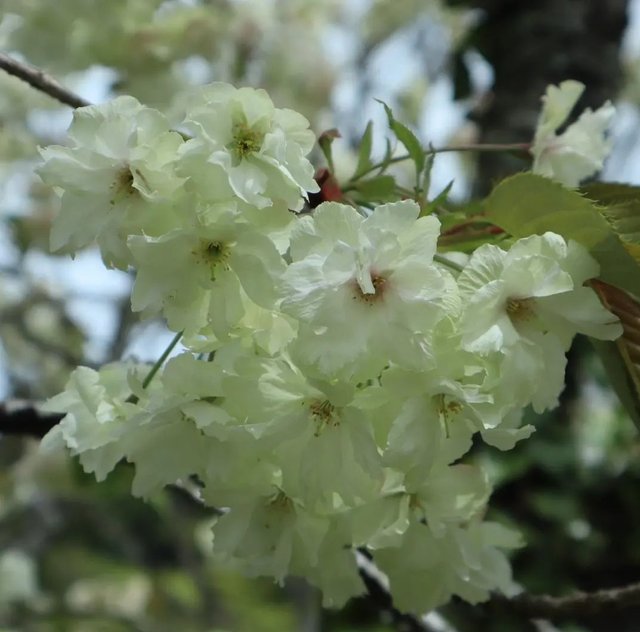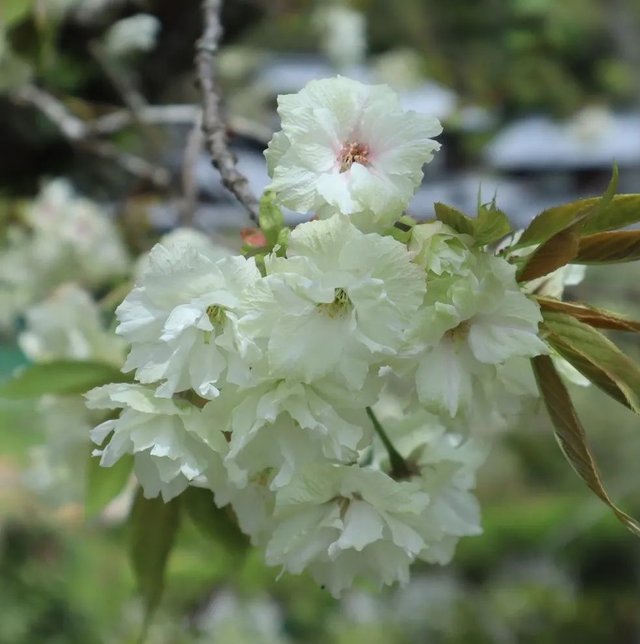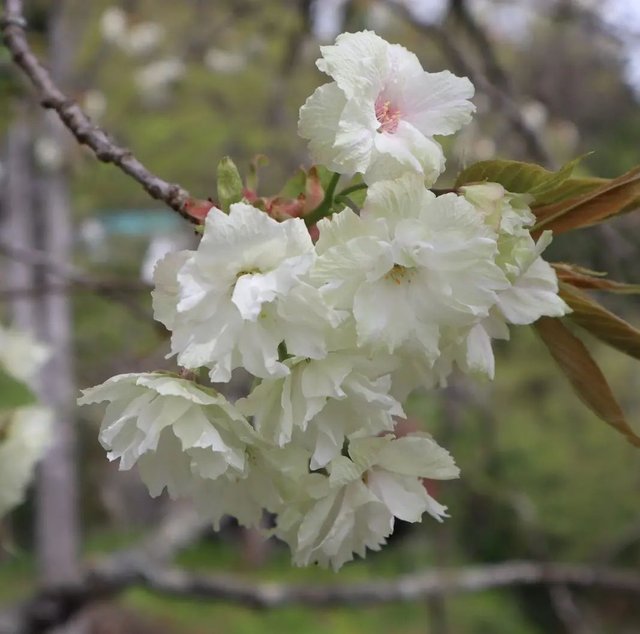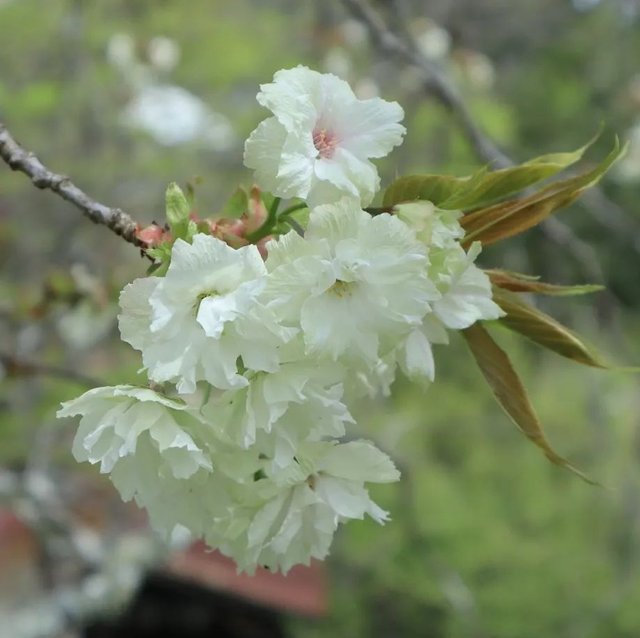Cherry Blossom Flower




In the realm of flora, few sights rival the breathtaking allure of cherry blossoms. These delicate flowers, with their fleeting bloom, have captivated hearts and minds for centuries, serving as a poignant symbol of beauty, renewal, and the transient nature of life.Cherry blossoms, known as "sakura" in Japanese, have deep roots in East Asian cultures, particularly in Japan. The tradition of cherry blossom viewing, or hanami, dates back over a thousand years and is celebrated annually with festivals and gatherings beneath the blooming trees. This tradition embodies the appreciation of beauty and the ephemeral nature of life, as cherry blossoms typically bloom for just a few short weeks each spring before drifting away on the breeze.
*The cherry blossom holds multifaceted symbolism across various cultures. In Japanese culture, it represents the transient nature of life, the beauty of momentary existence, and the renewal of springtime. Additionally, it embodies the concept of mono no aware, which is the awareness of impermanence and the bittersweet appreciation of fleeting beauty.Beyond Japan, cherry blossoms are admired worldwide for their exquisite appearance and symbolic resonance. They are often associated with themes of renewal, hope, and the cyclical nature of life. In this way, they serve as a reminder to cherish each moment and find beauty in life's fleeting moments.
The ethereal beauty of cherry blossoms has inspired artists, poets, and creators across the globe. From traditional Japanese woodblock prints to modern digital art, the delicate pink and white blossoms have been immortalized in countless works of art. Their graceful form and subtle fragrance evoke a sense of serenity and wonder, inviting contemplation and reflection.Cherry blossoms also play a vital ecological role, serving as pollinators for various insect species and contributing to the diversity of ecosystems where they grow. Their arrival heralds the arrival of spring, bringing new life and vitality to landscapes after the dormancy of winter.
